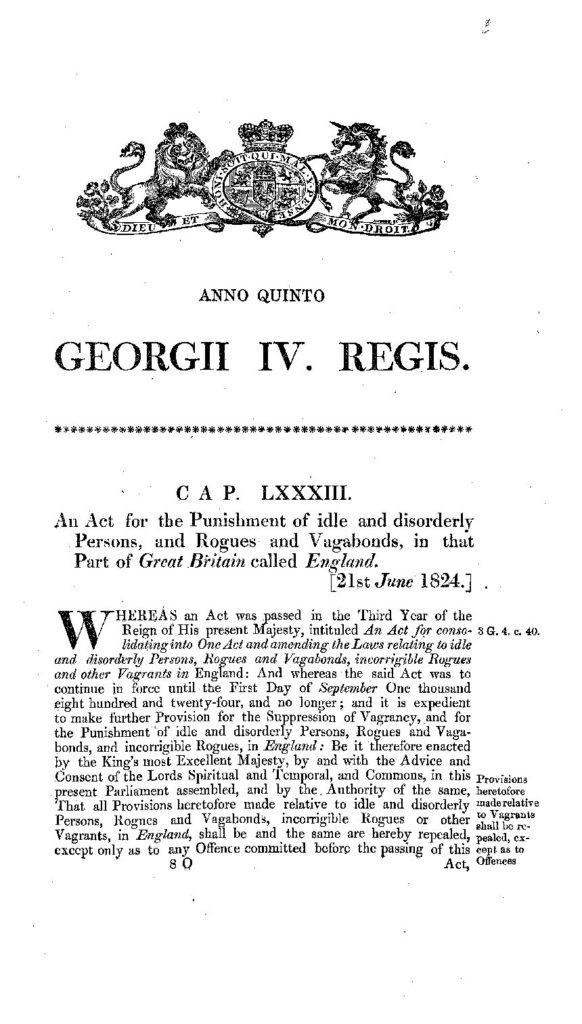

The cookie is used to store the user consent for the cookies in the category "Other. This cookie is set by GDPR Cookie Consent plugin. The cookies is used to store the user consent for the cookies in the category "Necessary". The cookie is set by GDPR cookie consent to record the user consent for the cookies in the category "Functional". The cookie is used to store the user consent for the cookies in the category "Analytics". These cookies ensure basic functionalities and security features of the website, anonymously. Necessary cookies are absolutely essential for the website to function properly.

VAGRANT LAWS FREE
It prohibits any laws that establish a national religion, impede the free exercise of religion, abridge the freedom of speech, infringe upon the freedom of the press, interfere with the right to peaceably assemble, or prohibit citizens from petitioning for a governmental redress of grievances. What kind of laws are allowed under the First Amendment? New communication tools, the disappearance of taboos and the spread of information which lay bare the reality and atrocities of the world for all to see, prompt young people to adopt extreme forms of behavior. Why are there so many restrictions on freedom? These liberties, recognized as belonging to both adults and children, are commonly known as fundamental rights-that is to say, rights which the population is entitled to fully enjoy without government intrusion.

What do you mean by restrictions on individual liberties? What was the purpose of the Freedmen’s Bureau?įreedmen’s Bureau’s Demise The Freedmen’s Bureau, formally known as the Bureau of Refugees, Freedmen and Abandoned Lands, was established in 1865 by Congress to help millions of former black slaves and poor whites in the South in the aftermath of the Civil War. Vagrants were distinguished from the impotent poor, who were unable to support themselves because of advanced age or sickness. Vagrancy was punishable by human branding or whipping.

The Civil Rights Act of 1866 declared all persons born in the United States to be citizens, “without distinction of race or color, or previous condition of slavery or involuntary servitude.” Although President Andrew Johnson vetoed the legislation, that veto was overturned by the 39th United States Congress and the …Ī vagrant was a person who could work but chose not to, and having no fixed abode or lawful occupation, begged. What did the Civil Rights Act of 1866 do? But the codes did grant black persons a few more civil rights than they possessed before the Civil War. The Southern Black Codes defined the rights of freedmen. What name was given to the state laws in the South that limited the rights of the freedmen? If they had no proof, they could be arrested, fined, or even re-enslaved and leased out to their former enslaver. Mississippi’s vagrant law, excerpted here, required all freedmen to carry papers proving they had means of employment.


 0 kommentar(er)
0 kommentar(er)
